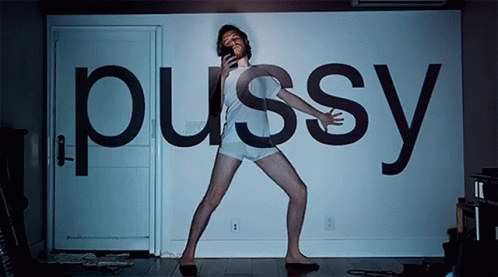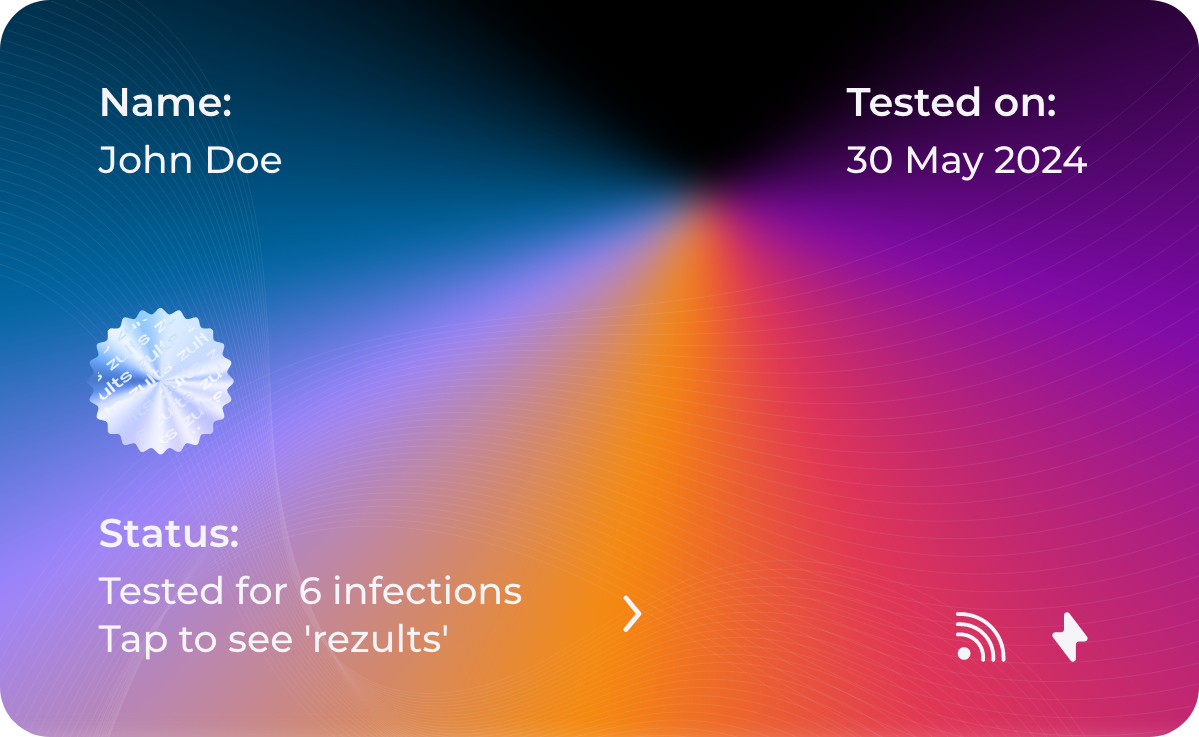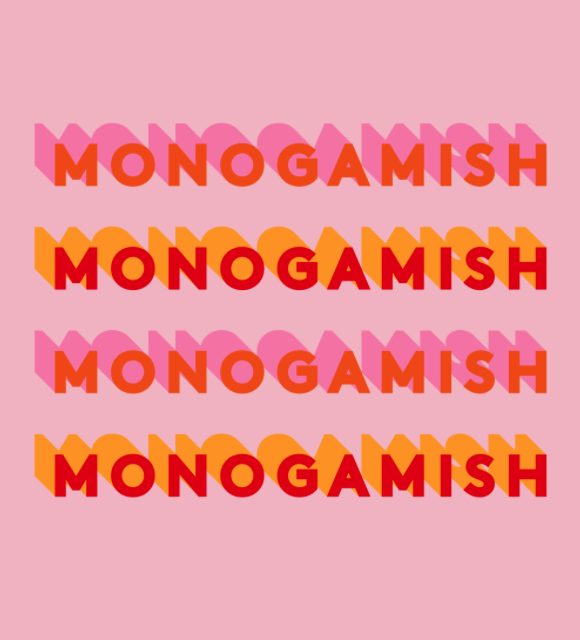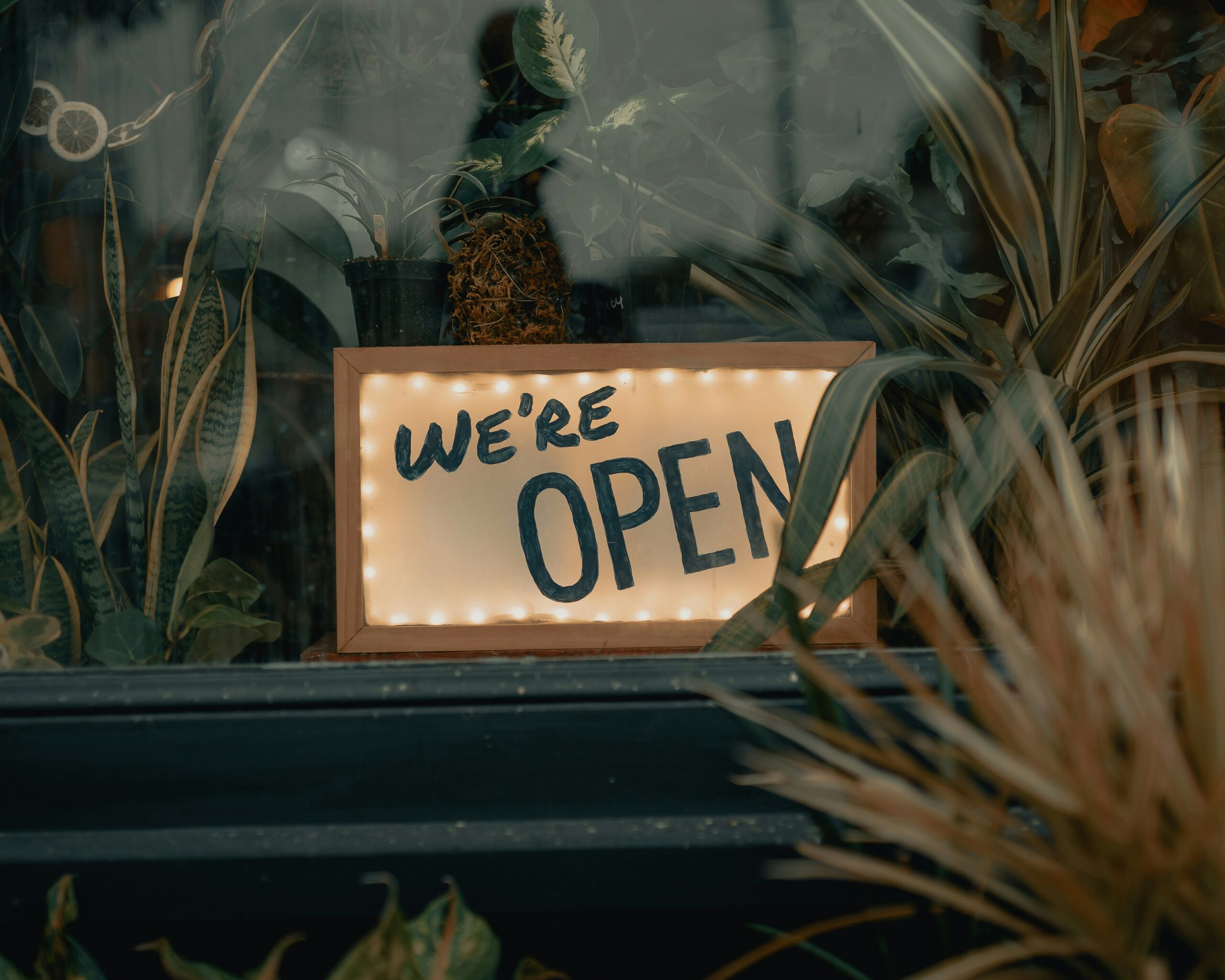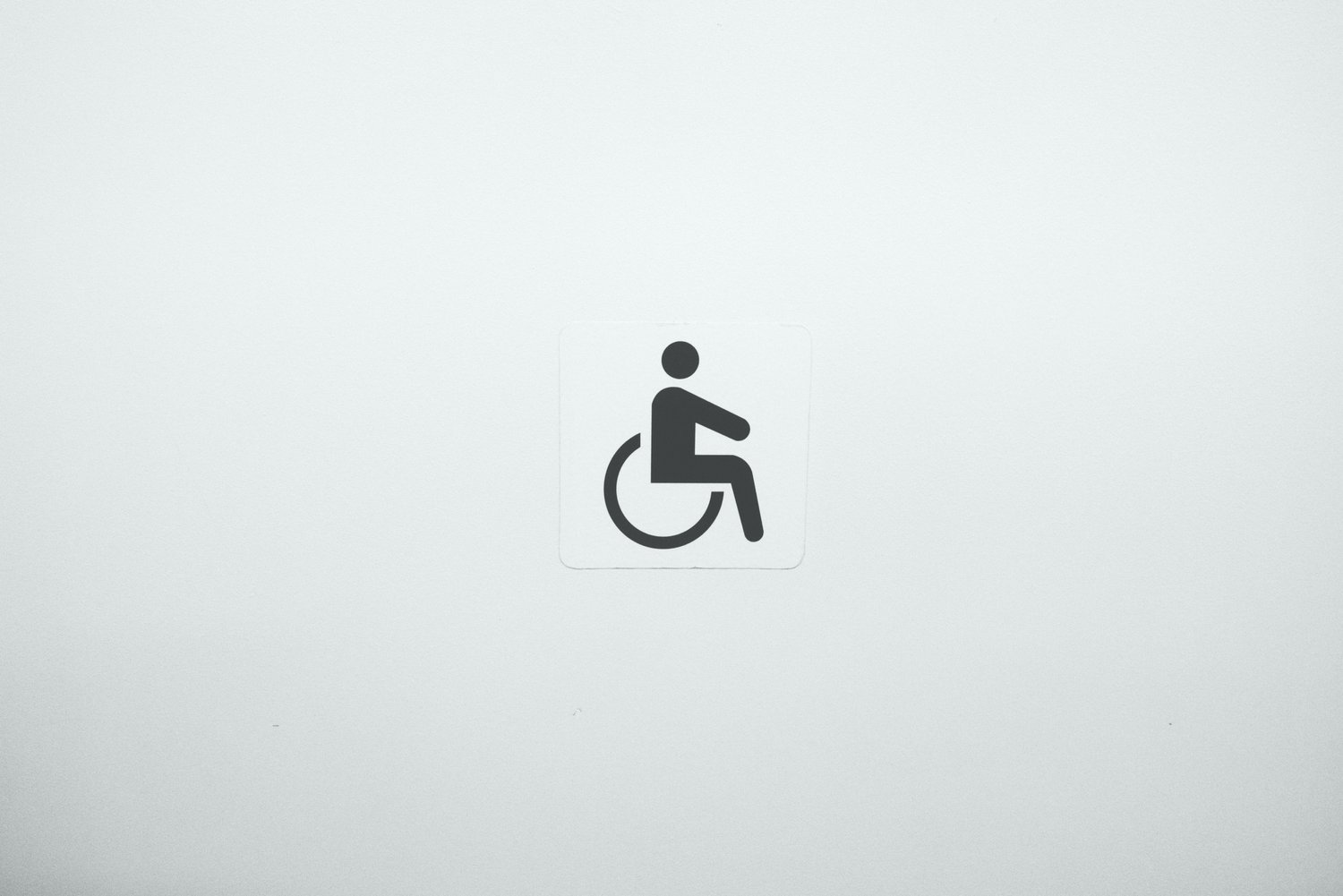
Let’s Talk About Sex — While Living With Disabilities
By Vixen Temple, sex and disability expert with Adulttoymegastore.
“Disabled folks don’t have sex” is a myth that patriarchy has convinced us is fact. It’s such a common belief that many of us have internalised it to the point where we may be contributing to this narrative without even realising it.
But as someone who identifies as living with disabilities (both mental and physical), I’m here to tell you that many folks on the disabled spectrum do in fact have sex. So, let’s unpack why our patriarchal society assumes that we don’t…
But first! WhatWhat does it mean to live with a disability?
According to The Ministry of Health, a 2013 New Zealand Disability Survey estimated that a total of 1.1 million kiwis identified as being disabled. That’s 24% of the country’s population!
The dictionary defines the word ‘disability’ as “a physical or mental condition that limits a person's movements, senses, or activities.” But, as a disabled woman myself, I argue that because we live in a late capitalist state, the term “disability” covers a variety of circumstances that prevent a person's ability to contribute towards our economy.
Because of this, disabled folks are all too often treated as second class citizens. Our needs are brushed aside as unimportant, making it easy for folks without disabilities to ignore our very existence. And all of this contributes to why our society doesn’t pay attention to disabled folks sexual desires.
We are unrepresented in the media and porn and as a result many of us feel isolated from discussions surrounding sex. But not only do many disabled folks have sex, we enjoy it too!
Folks with disabilitiesdisabilities don’t just have sex, we enjoy it too!
Sex as a means of fun and not as procreation can be a hot topic amongst many organised religions. Patriarchal ideology and capitalism teaches us that sex is an act between a husband and a wife in order to produce the perfect nuclear family unit. But for most folks, sex has nothing to do with creating a family.
Sex can be an intimate practice to bring you closer to your partner/s and/or oneself. Sex can be a means of self-care for many of us. And sometimes, sex is a no strings attached “I’m just really horny” pastime!
What if I were to tell you that folks living with disabilities have these same desires? Being “horny” is not just a physical sensation, it’s very much a mental and spiritual state to be in.
Having brain or physical injuries does not mean that you inherently lose the connection to your libido. The main reason society assumes folks living with disabilities “can’t have sex” is due to our patriarchal idea of what sex actually is.
Challenging our definitiondefinition of sex
As much as society may tell you otherwise: the act of sex (like sexual orientation) is a vast spectrum. It’s not a simple black or white box, it’s a whole pallet of differing colours!
Most of the time, when people talk about “sex” they’re referring to a penis penetrating a vagina. Over time we have witnessed as groups of humans (especially the queer community) have challenged this status quo. Sex can be a back rub, a steamy make out session, experimenting with sex toys.
Sex can be performed orally or without touch at all (breath play, dirty talk etc). Mutual masturbation is a very underrated form of sex in my opinion! You can have sex with yourself by masturbating or even simply tracing your fingers across your body. What I’m trying to say is: sex is NOT just a cis man penetrating a cis woman’s vagina with his penis. (Cisgender describes a person whose gender identity and sex assigned at birth are the same. The word cisgender is the antonym of transgender.)
Sex does not start with an erect penis and end when the penis ejaculates. You define how you engage in sexual activities. Because sex is a spectrum, sex isn’t always abled bodied. There are so many ways to express intimacy with a person, or yourself.
When people say that disabled folks “can’t have sex”, all I think is how boring their sex life must be! When you open your mind to the unlimited possibilities of what sex can be, you’ll find that there’s always a way to engage in sex despite the blocks that may have been caused by disabling circumstances.
The myth ofof “disabled folks can’t consent”
Because our worth as humans is all too often measured by our ability to work, those living with disabilities end up being viewed as “useless”. If we can’t contribute to the economy, we end up ostracised and having to fend for ourselves.
Our society was built for abled bodies and the neurotypical mind to excel, and those who have physical injuries or live on the neurodiverse spectrum struggle to keep up with our fast paced ever growing society. Because of this, folks living with mental disabilities are viewed as being vulnerable and inherently childlike.
We are seen as being incapable of looking after ourselves, which can result in us losing autonomy over our lives and bodies. And from this comes the deeply ingrained idea that disabled folks don’t have sexual urges. Or if we do, we are unable to advocate for ourselves.
I’ve worked as a sex worker since 2018, and a large proportion of sex work clientele are folks with disabilities who have felt alienated from society as a result of their circumstances. Because we don’t view folks with disabilities as desirable, they end up visiting sex workers where they know they’ll be treated with the same respect and care that all humans deserve.
I can assure you that not only do disabled clients have urges, they are more than capable of communicating them when given the chance to. A big part of sex is communication, so when you engage in sexual activities with a person or persons who are willing to listen to your desires as well as respecting your boundaries, it can give you a strong sense of autonomy over your pleasure.
And disabled or not, you’re allowed to give and revoke consent at any given moment.
What can wewe take away from this information?
If you’re someone who assumed that folks living with disabilities simply don’t have or want sex, you aren’t alone in that belief. It’s not your fault you have this belief, but it is your responsibility to unlearn it.
With all of this in mind, I invite you to challenge your view of disabled folks when it comes to the conversion of sex and desirability. Look outside of heteronormativity and you will see that sex is not about a penis and a vagina, it’s about feeling safe to express and explore your urges and desires while knowing your boundaries will be respected.
Everyone deserves sexual pleasure and to have great sex lives, regardless of ability or disability, sexuality, or gender identity. And when you give us the chance to, those of us living with disabilities are more than capable of engaging in sexual activities.
About the author:
Vixen Temple (she/her) is a queer sex-positive sex work activist, writer, and a sex and disability expert with Adulttoymegastore. Based in Auckland, New Zealand she hosts the Burn The Patriarchy podcast, where she unpacks topics related to sex work and feminism through the perspective of a sex worker.
Related Posts
Celebrating International Women’s Day: Nicola Relph
Celebrating International Women's Day with Nicola Relph
Exploring The Biblical Hell-Hole Of Anti-Masturbation Propaganda
It's time to buckle up to try to fuck the lord
How to become a seasoned ‘Sexter’ in no time
Sexting is a great way to up the ante no matter what your situation
Zults: Revolutionising Sexual Health Conversations in the UK
A new technology, Zults, has launched in the market and is designed to transform the way we share and discuss STI results. Developed in collaboration with Sexual Health London (SHL), Zults offers a platform that enables users to manage and share thei
Monogamish: The new relationship status you need to know
Exploring the pros and cons of Monogamish as a relationship state
Breaking Monogamy Mold: America’s Surprising Shift to Open Relationships
Are open relationships redefine modern connections?




